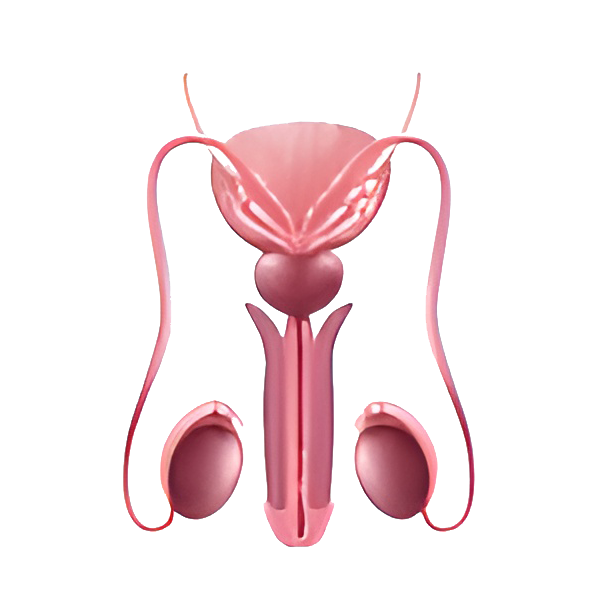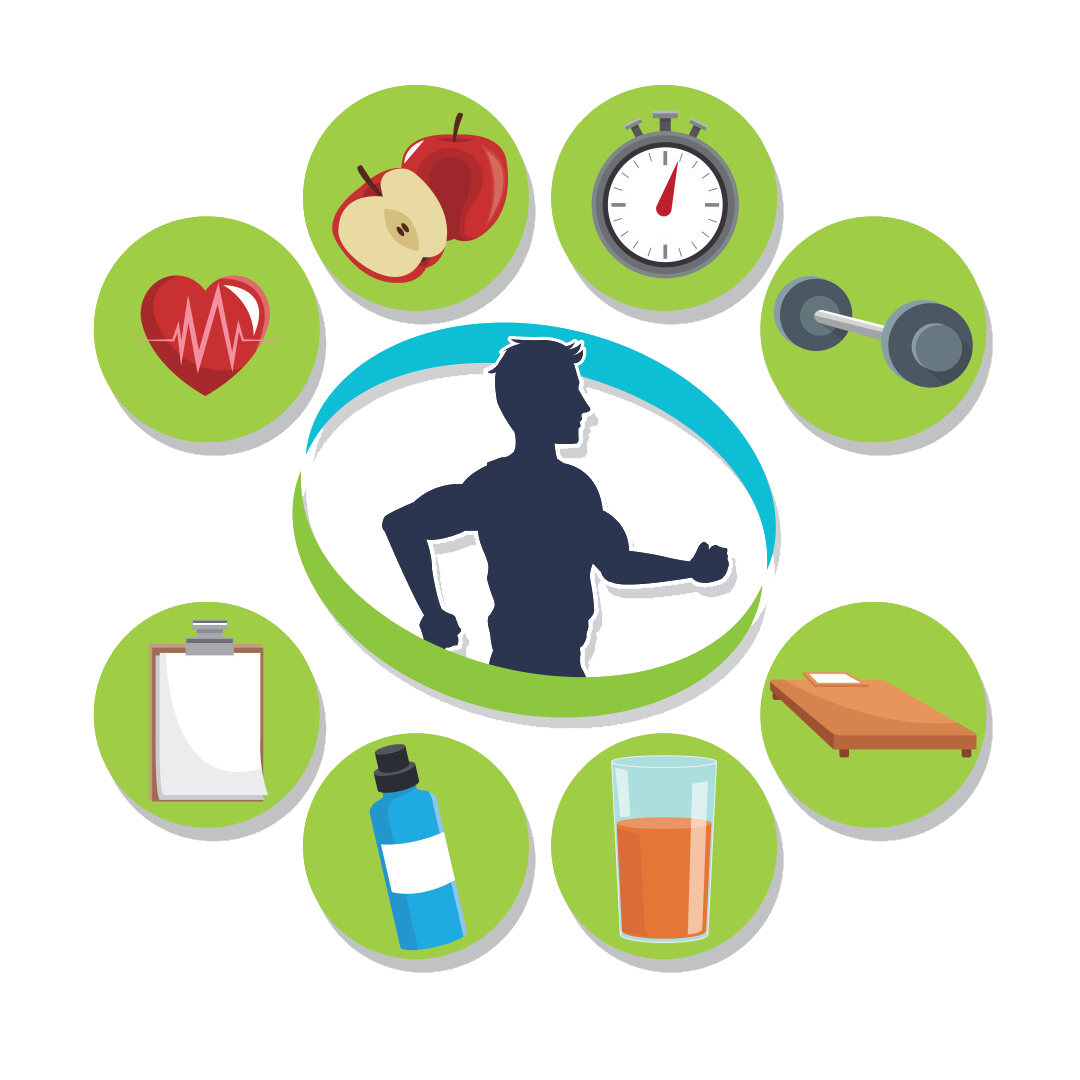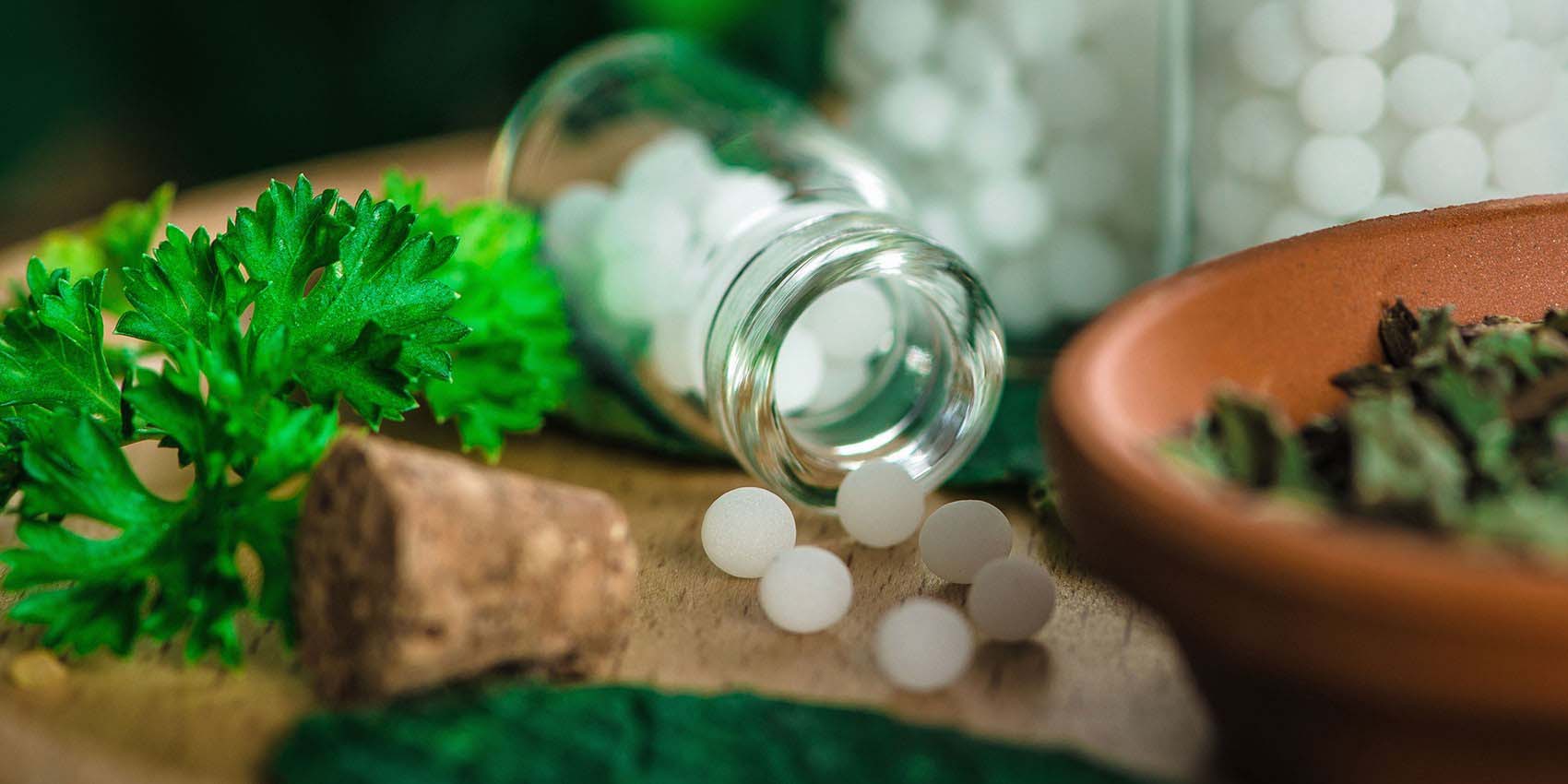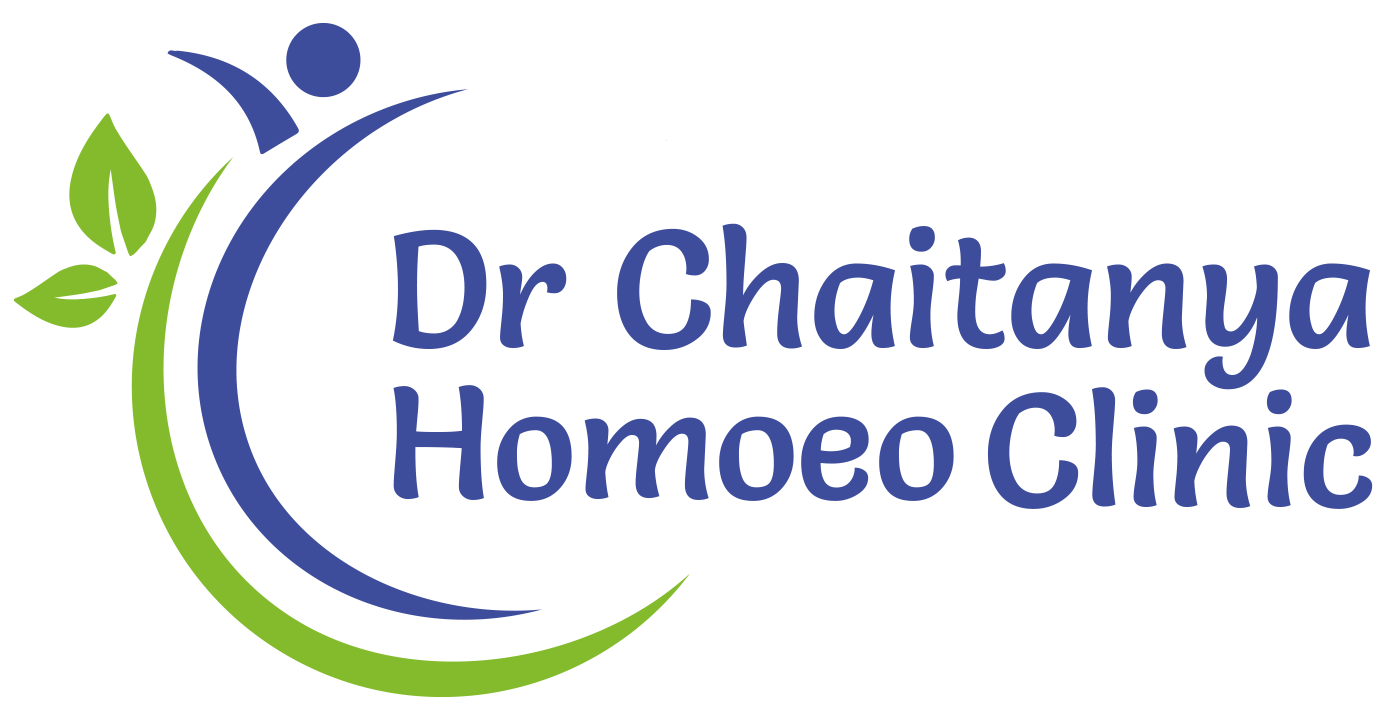Frequently Asked Questions
Is Homoeopathy slow acting?
+
The pace of action of homoeopathic medicines depends on various factors.
- For recent illnesses like infections, fever, or cold, the cure is often quick.
- Chronic conditions like arthritis, asthma, and eczema may take longer to treat, but homoeopathy aims for permanent and complete eradication of the disease.
Can homoeopathic medicines be taken along with allopathic medicines?
+
Yes, homoeopathic medicines can be taken along with conventional medicines.
Gradually, the doses of allopathic medicines can be tapered off while continuing homoeopathic treatment.
Are the same 'white homoeopathic pills' given to all patients?
+
No. Even though the pills look similar, the medicines vary for each patient. The white pills are just carriers for the actual medicine.
Do homoeopathic medicines have an expiry date?
+
There is no expiry date for homoeopathic medicines, but improper storage can cause them to lose potency. It is recommended to store them in a cool, dry place, away from sunlight.
Is there any age barrier for homoeopathy?
+
No, there are no age limitations for homoeopathic treatment.
Will there be any side effects from taking homeopathic pills?
+
No, homoeopathic pills do not have any side effects.
Is homoeopathy against surgery?
+
No, homoeopathy is not against surgery. However, some conditions like fractures may require surgical intervention.
Can patients take homoeopathic medicines during or after surgery?
+
Yes, homoeopathic medicines can be taken as complementary treatment during or after surgery.
Does homoeopathy suggest diet restrictions?
+
In most cases, homoeopathy does not suggest any diet restrictions.
Is there any restriction for taking homoeopathic medicines with food and water?
+
Homoeopathic pills can be consumed a few minutes before or after meals.
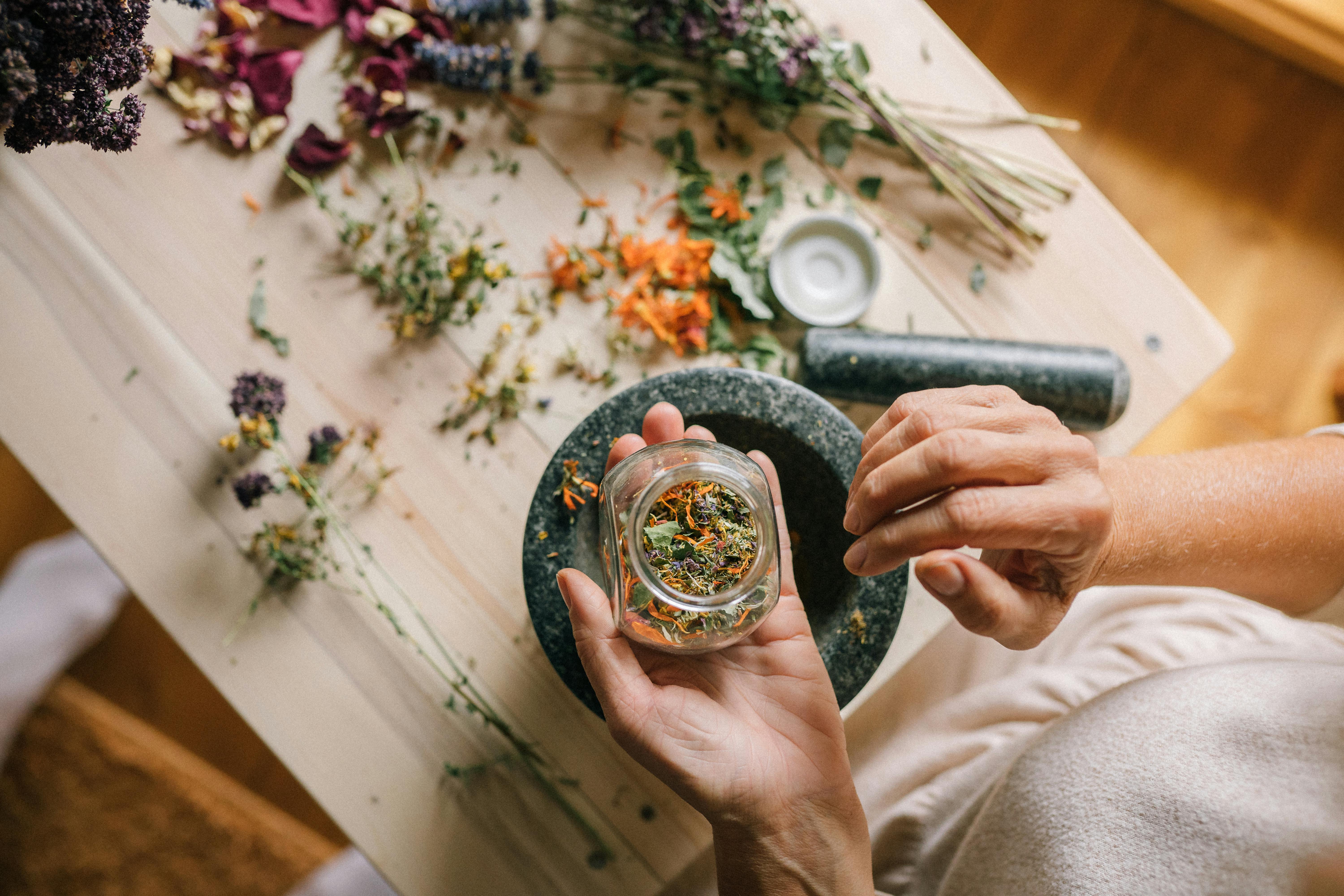
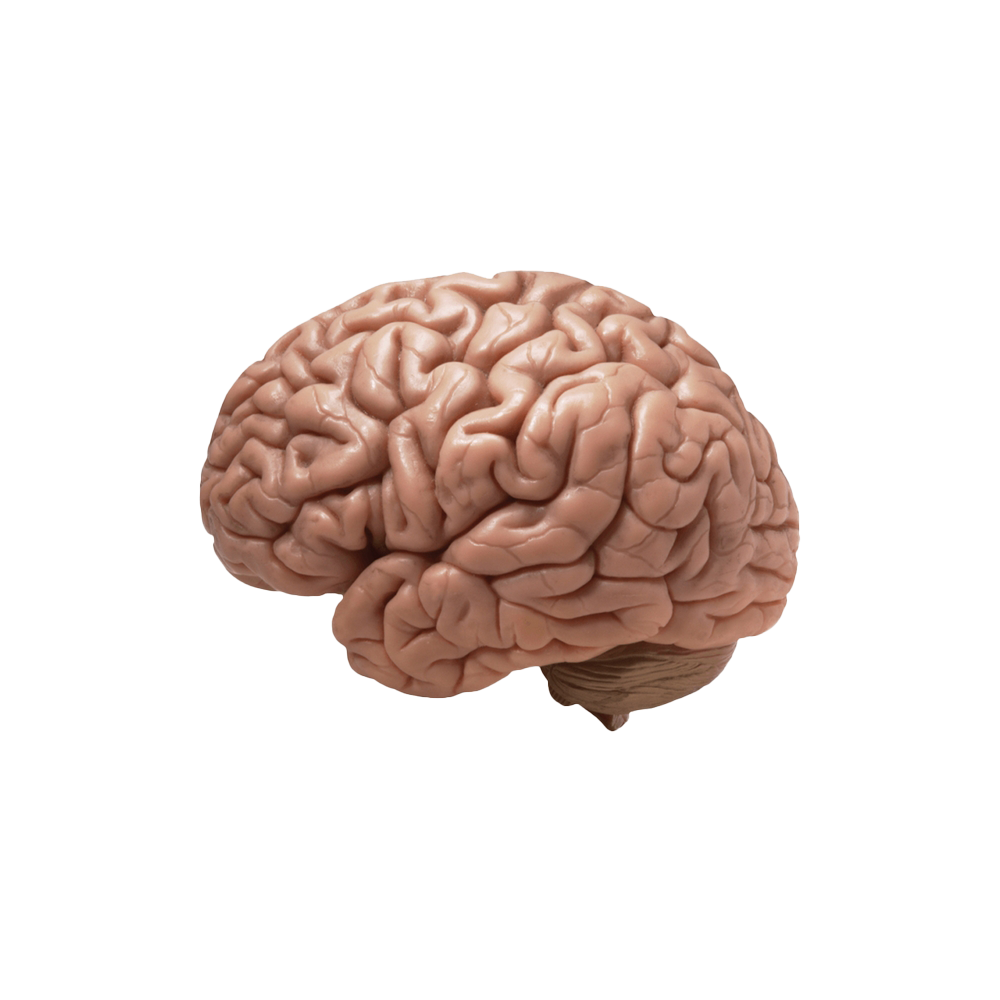


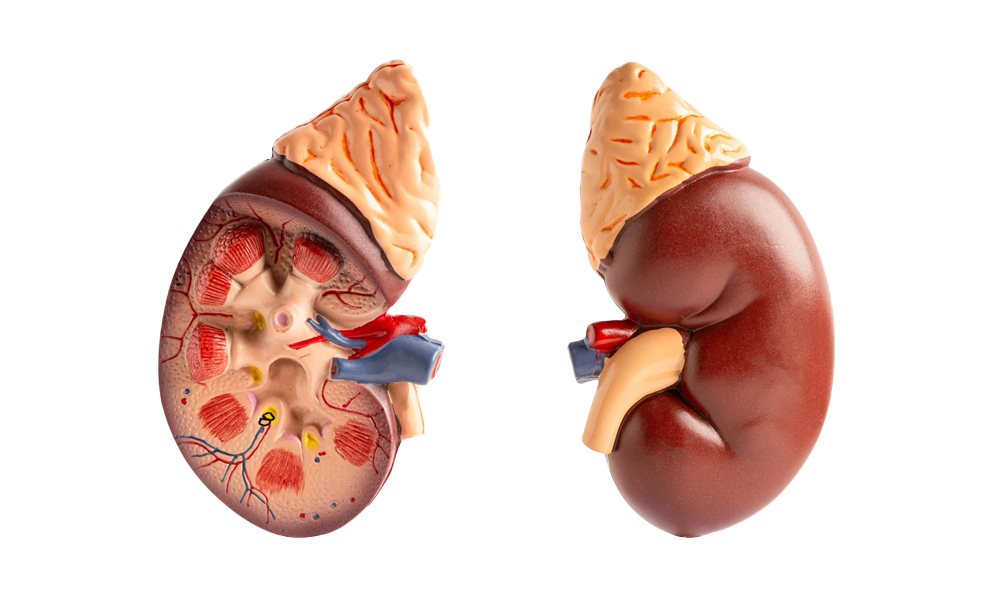


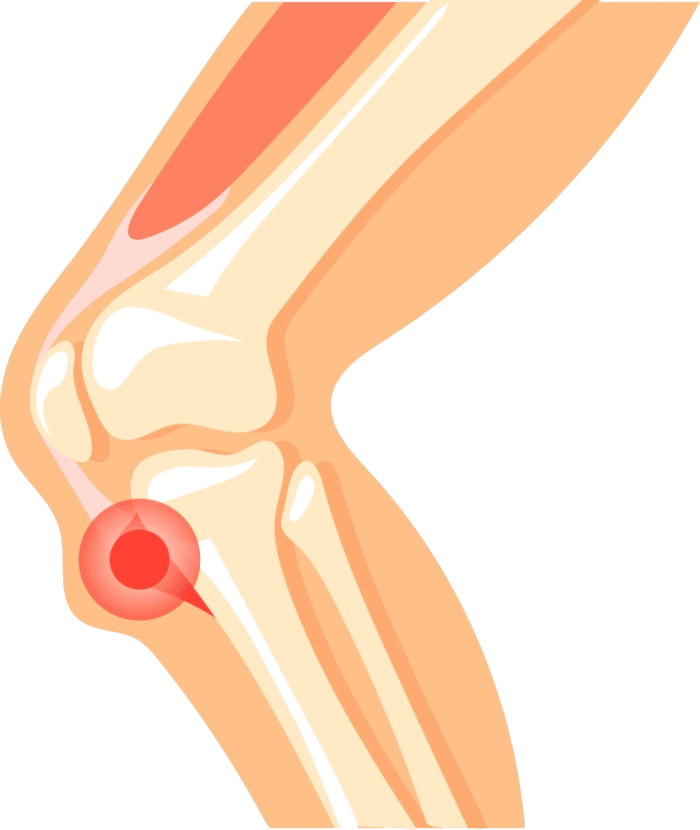
.png)
